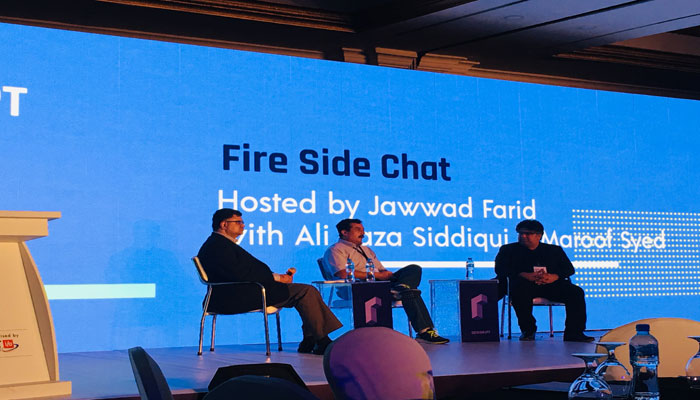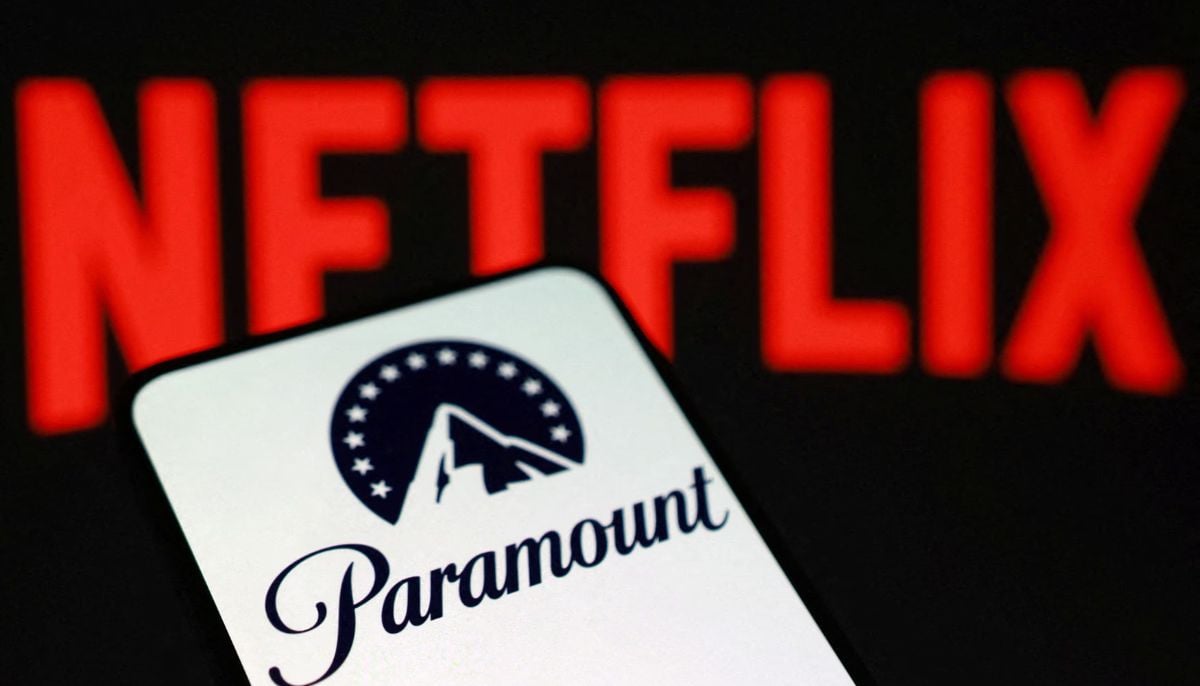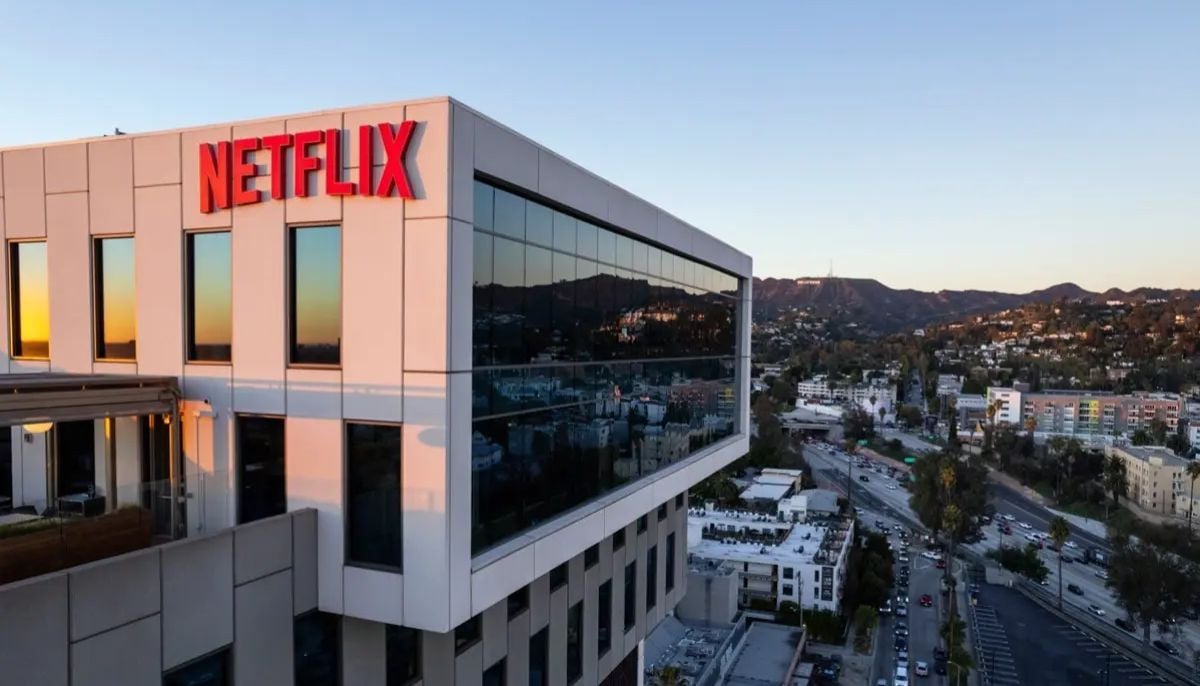Talent vs. Capital: Who has the upper hand?
Among the panelists were dignified investors Ali Raza Siddiqui and Maroof Ali Syed who shared their contrasting opinions on the enduring deliberation of whether a business is shaped by capacity or funds.
KARACHI: Is talent what determines the success of a firm or does the capital decide its triumph? The question was evaluated at Pakistan’s biggest investment conference -021Disrupt as it entered its second day on Sunday.
The moderator of the session, a prominent name in the business circles, -Jawwad Farid fueled the debate between the connotation of talent vs. capital in shaping the success of a company.
Among the panelists were dignified investors Ali Raza Siddiqui and Maroof Ali Syed who shared their contrasting opinions on the enduring deliberation.
-Talent vs. Capital-
The two distinguished speakers shed light on contrasting perspectives regarding the debate with Siddiqui pressing significance on capital saying: “If one team has ample talent but no capital, it doesn’t matter. Capital decides who wins. Unfortunately that is the reality of it.”
On the other hand, Syed argued that capital without talent would merely be termed ‘gambling’ adding that: “We’re always focusing on raising capital but never on raising talent. Our approach locally has been incremental. We go by things one by one when if we really want to disrupt we have to go leap by leap. And for those huge leaps, we need talent, not just real capital but true talent.”
-Discovering talent and disregarding value-
As the talk progressed, Siddiqui answering Farid’s concern about finding an extent of talent that you consequentially disregard the value of the company, revealed: “The problem is that it’s different in every case so I can do it by example, like two things I’m interested in most are education and healthcare. And for those two things I don’t care about making profit.”
Meanwhile Syed underlined that value of a business is majorly handed by the capitalists stating: “It’s about what value your investors give you that defines the worth of the company.”
-The challenge that is technology scale-
Technological scale being a challenge in the country since the past decade has led to a slow growth. Commenting on that, Siddiqui terms it a ‘practical issue,’ adding that: “In 2014 the digital revolution started in Pakistan after the regulator allowed 3G and 4G. This caused a massive influx of smart phones that allowed the birth of digital in Pakistan. It was a practical issue. We did not have the technology or the needed internet on the phone before. It was a practical issue holding up the development. It gets worse when you have other practical issues as well for rolling out digital businesses."
Syed took over the matter by breaking it down into two things: “The rules keep changing. So this policy environment is quite archaic. There’s a lot of challenge in terms of the policy environments and in changing it and making it more conducive for businesses and entrepreneurial growth.”
He went on state: “The second part is education. We have produced the seventh largest engineering cohort in the world but where are we with quality? And what about learning outcomes in education?”
Furthermore, lauding the emerging female presence in Pakistan’s corporate scene, Syed stated: “We don’t have a woman here in the panel but women in Pakistan are the ones subsidizing our future so I want to applaud them.”
-
Netflix, Paramount shares surge following resolution of Warner Bros bidding war
-
Is human mission to Mars possible in 10 years? Jared Isaacman breaks it down
-
Paramount wins Warner Bros. bidding war as Netflix abandons deal: Here’s why
-
Total lunar eclipse to turn Moon red on March 2-3
-
Singapore's Grab plans AI-driven expansion and new services to boost profit by 2028
-
Stunning new photos of the Milky Way shed light on how stars are formed
-
Antarctica’s mysterious ‘gravity hole’: What’s behind the evolution of Earth’s deep interior?
-
Bitcoin bounces from $62,000 as on-chain metrics signal prolonged weakness: Here is everything to know












